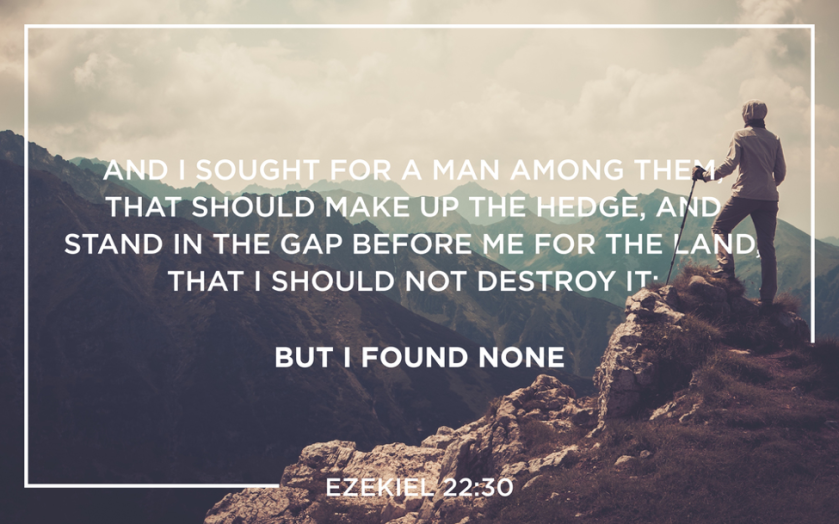Ezekiel 37-39

Friday, March 31
What a powerful passage. If you would like a visual of the valley of dry bones, I recommend checking out this minute and a half Youtube clip (https://www.youtube.com/watch?v=6dafYxu8cQQ).
While we can pull out hundreds of things to say about this passage, I am going to stick to two simple ideas. Ezekiel 37 acts as a double prophecy. In other words, we can expect two different things to happen:
- God will restore Israel and make a nation again from the scattered people. He will bring his chosen people back to the promised land.
- God will establish His kingdom on Earth. We know that Jesus is coming back to Earth again to reign until God Himself reigns above all men.
We see in Ezra and Nehemiah that prophecy number one is fulfilled as the temple is rebuilt. In the New Testament we also get a glimpse at prophecy number two. When Jesus died on the cross we know that the curtain was torn and we have hope in the future Kingdom! After all, Jesus did preach most about the kingdom of God during his time on earth.
As my dad says, he has two major goals in life: 1. To be sure he maintains a strong relationship with God, and 2. To get as many people into the Kingdom as possible. I don’t know about you, but I cannot wait to live forever on the streets of gold glorifying God and Jesus all day long! How are you furthering the Kingdom cause through your everyday actions?
Revelation 21:1-4: Then I saw “a new heaven and a new earth,” for the first heaven and the first earth had passed away, and there was no longer any sea. I saw the Holy City, the new Jerusalem, coming down out of heaven from God, prepared as a bride beautifully dressed for her husband. And I heard a loud voice from the throne saying, “Look!” God’s dwelling place is now among the people, and he will dwell with them. They will be his people, and God himself will be with them and be their God. ‘He will wipe every tear from their eyes. There will be no more death or morning or crying or pain, for the old order of things has passed away.”
-Amber McClain









